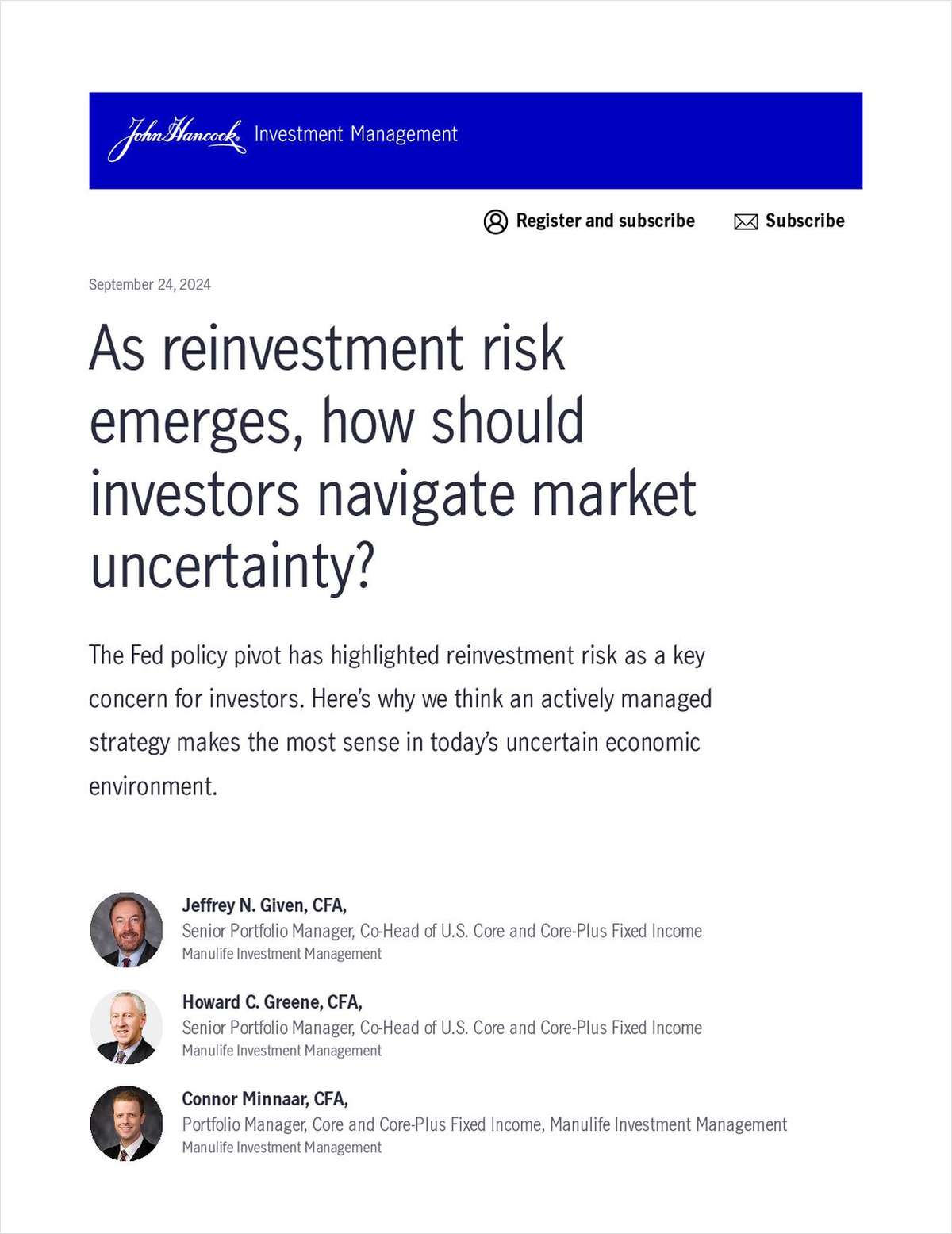If Republicans "run the table in this year's elections, it is certainly possible that some of the more controversial provisions of the Dodd-Frank Act may be revisited," said David Tittsworth, executive director of the Investment Adviser Association (IAA) in Washington. However, a full repeal is unlikely, and "the financial services industry will be dealing with the Dodd-Frank Act for many years to come."
Indeed, this was evident at a recent Congressional hearing. While members of the House Financial Services Committee sparred over whether the Dodd-Frank Act is hurting more than it's helping, representatives from various segments of the financial services community testifying before the Committee in early July stopped short of saying Dodd-Frank needs to be repealed.
Dan Barry, managing director of government relations and public policy for the Financial Planning Association (FPA), noted that while "a lot of work has been done" in implementing Dodd-Frank, "a lot of unfinished business" remains. "Boosting investor protection through SEC fiduciary rules for brokers giving advice should remain a priority item," he said, "as should beefing up the SEC's oversight program for investment advisors."
Regular citizens are also signaling their support of financial reforms. An opinion poll released in July by Lake Research Partners of 803 Americans likely to vote in the November election found that financial reforms enacted in response to the 2008 financial crisis remain popular.
Results of the poll, conducted from July 5 to July 10 and commissioned by AARP, the Center for Responsible Lending (CRL), Americans for Financial Reform (AFR) and the National Council of La Raza (NCLR), were the following:
• Voters favor the Dodd-Frank financial reform law by a 53-point margin (73-20). The support crosses party lines, with Republicans in favor by a 20-point margin, Independents by a 50-point margin and Democrats by an 83-point margin.



